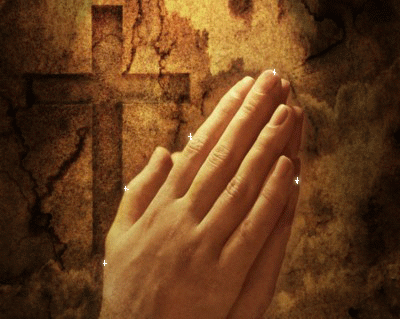I chose these three posts as my strongest writing of the semester in my blog…
1. Faith and the creation myths http://jakeslitblog.blogspot.com/2011/09/faith-and-creation-myths.html)
In this post I explained that everyone has a belief system that influences the way they view the world around them.
2. God’s Three Attributes (http://jakeslitblog.blogspot.com/2011/09/gods-three-attributes.html)
In this post I chose three attributes of the God of the flood story, and showed how these three characteristics were complementary and fit in with what was described in the flood story.
3. Grace (http://jakeslitblog.blogspot.com/2011/09/grace.html)
In this post I explained what grace is, why it is important, and how it related to the biblical flood story.
· I selected these three posts because I think they adequately convey the message I was trying to put forth in my blog this semester. I was trying to look at the stories we read from a biblical perspective, and how they, or at least the lessons contained within them, relate to our relationship with God. I think these three are the best because they take the concepts in the story and explain them, while connecting them to humanity today, and showing man’s need of a savior.
· I think my perspective on literature may have changed somewhat during this semester. I guess I have learned that there are a lot more to most of these stories than what is portrayed on the surface. I have also learned to that there are so many beliefs that are present in the world today. It also helped me look at what I believe with a critical eye, and not to just believe what someone says, but make sure that there is scripture to back up what I believe. This course has really helped confirm many of the things that I have been taught all my life, and has shown me how people are “swept about with many winds of doctrine.” It has reaffirmed my faith and what I believe in, and has given me a sincere appreciation that I have a firm belief to stand on, and that I am not wandering about seeking for answers as many people seem to be doing.
· As far as my performance this semester, I think I preformed about average, or maybe a little above average. I am confident in my skills as a writer and thinker when given enough time to develop my thoughts. My verbal skills in trying to explain literature may be a little lacking, although when forced to (like in the group discussion for instance) I think I can express my thoughts clearly and logically. So I guess my actual weakness would be caring enough about the literature to be willing to express my opinions, because when I actually cared (like when I was being graded) I was able to thoroughly express my views on the topic. So I think I excelled in my writing, but my classroom participation in the general classroom time may have been somewhat lacking, thus I think my performance probably leveled out at about average.
· When I comes to my grade, I think I would give myself and A. I think that although I may have not participated in the general class discussions, I met the needed requirements for an A. I knew I would probably not be the greatest verbal classroom student, because that is just not my personality to be outspoken, so I tried to put forth my best efforts in my blog, my papers, and the in-class quizzes in order to make up for the lack to my classroom response.
Overall I really enjoyed the class and I think I learned a lot about literature and writing.


































